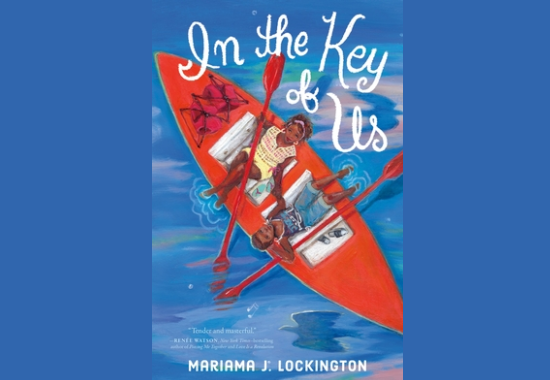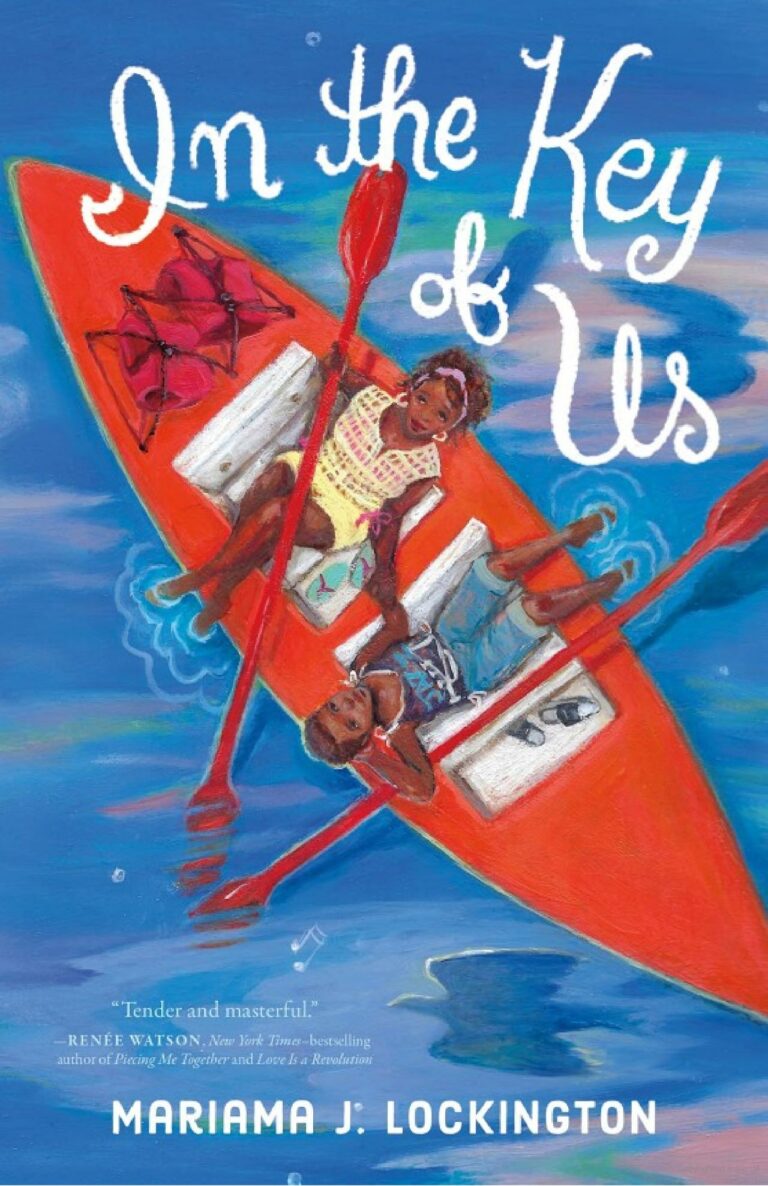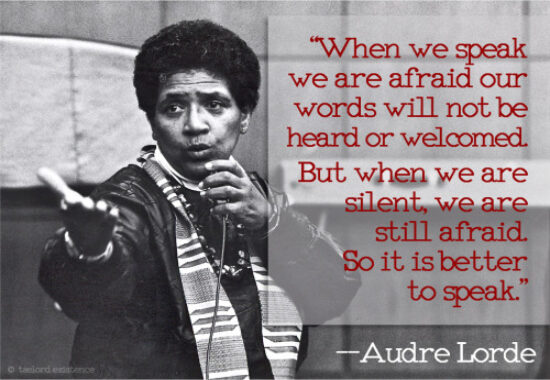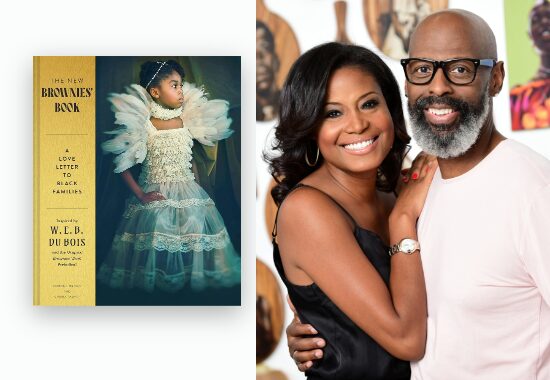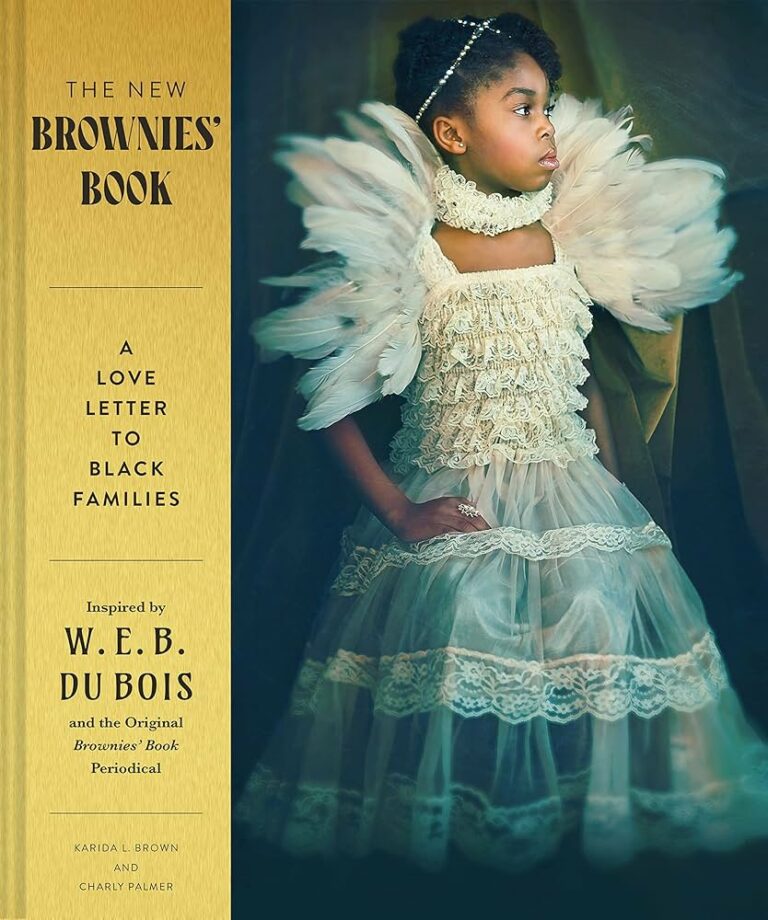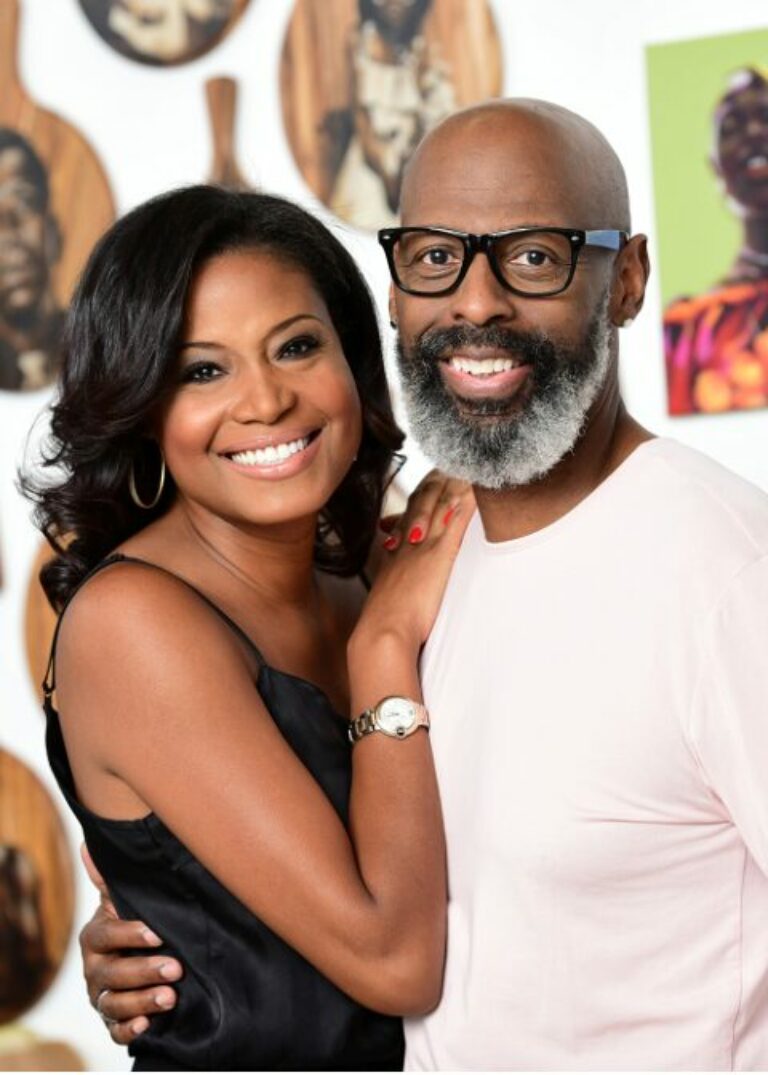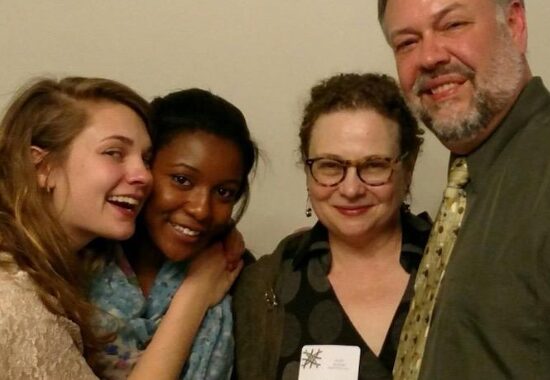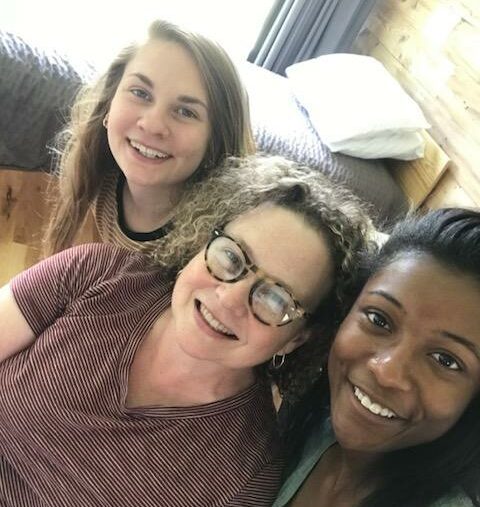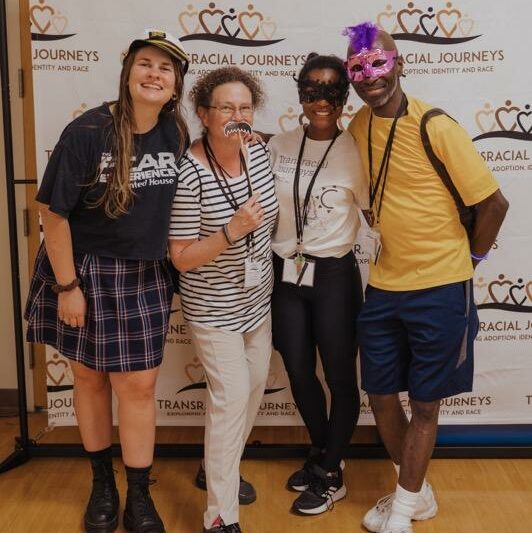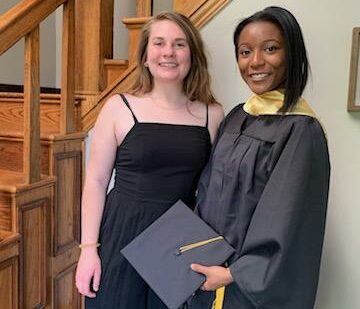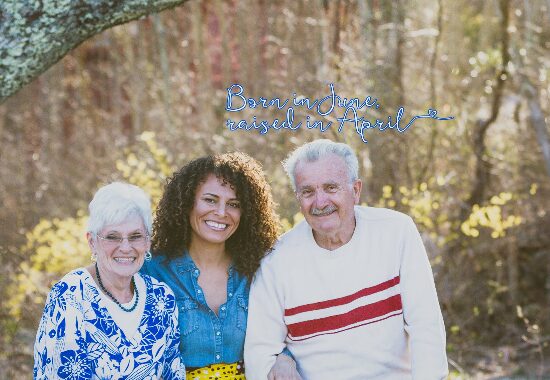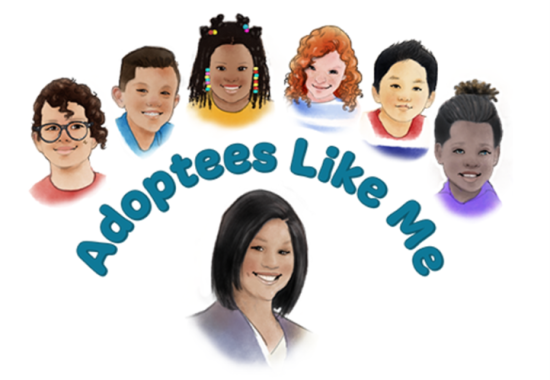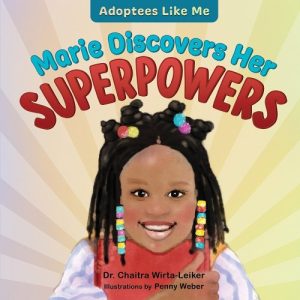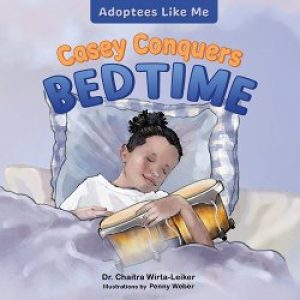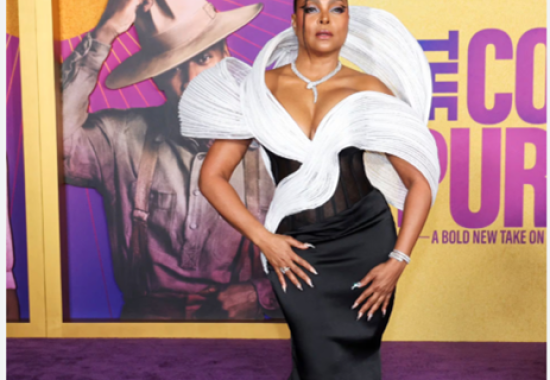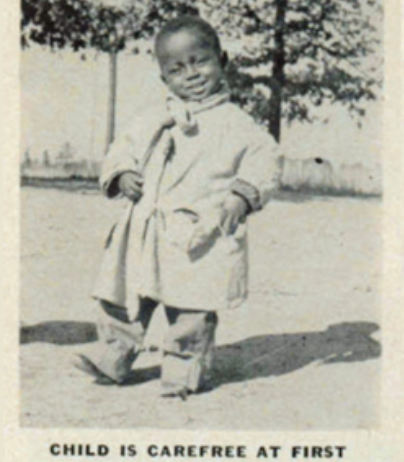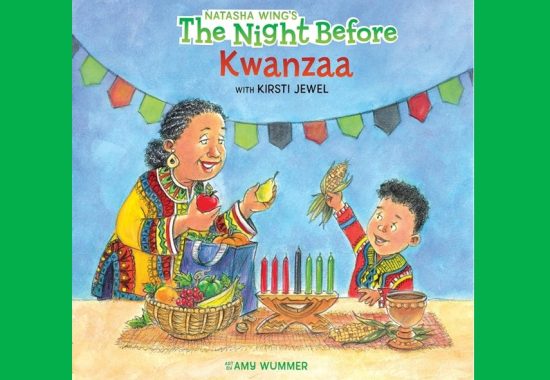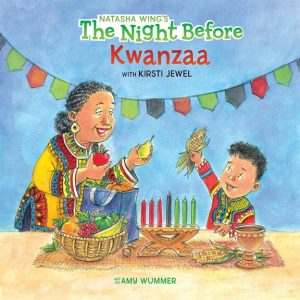Reviewed by Kristen Perry, TRJ Parent
In the Key of Us
By Mariama Lockington
Not only is In the Key of Us by Mariama Lockington written by a transracial adoptee, but it also is a Stonewall Honor Book for LGBTQ+ books. Thus, it has the power to speak to many identities represented within our families and communities. The story is told through the alternating perspectives of Andi and Zora, the only two Black girls at a prestigious, nearly all-white music camp. Andi is struggling with the death of her mother, which is affecting her ability to play the trumpet. Zora is buckling under the pressure of her parents who expect her to be a flute prodigy, when what she really wants is to be a dancer. Over the course of the summer, the girls experience many challenges and ultimately discover the power of their relationship.
In the Key of Us is a wonderful exploration of first love, an ode to the arts, and a powerful statement about discovering your true self. Although transracial adoption is not the focus of this book in the way that it is in Lockington’s first book (For Black Girls Like Me), there are many relevant themes such as loss of first family/family of origin and being the only Black person in a sea of whiteness. Although the book is advertised for ages 10-14, I believe that teens and adults will also enjoy the book and find it meaningful – I know I did!
Discussion Questions: The following questions will help you and your family open up important conversations about experiences of adoption, identity, and differences of race. Before you engage in these discussions be sure you have grounded yourself in the questions and are ready to both listen to the experiences of the children and youth you are engaging, and to share your thoughts and feelings and model conversational openness. Also, if children and young people do not want to engage in the conversation at any particular time, you can always spend some time in reflection on these questions so when the opportunity is right, you’ll be ready.
- Andi and Zora are the only two Black girls at the Harmony Music camp, which comes with a lot of challenges. Can you identify with some of the challenges they face? How do they support each other? Do you have friends that support you when things are challenging? ?
- Zora is passionate about dance, which historically has excluded many Black dancers, and finding a Black dancer as a role-model is life-changing for her. What are your passions or interests? Who can we look to as role models related to these interests?
- In the Key of Us provides a great representation of intersectionality, particularly identities related to race and sexual orientation. What identities are important to you, and how do your identities intersect in unique ways? How are your identities perceived in the world, and in what ways might they represent challenges or privileges?
Book Recommendations for Families Created in Transracial Adoption
Kristen Perry is a TRJ parent and a professor of literacy education, specializing in family and community literacy. She and Mariama Lockington are colleagues in the University of Kentucky’s College of Education. Learn more about Mariama and connect with her on her website: https://mariamajlockington.com/

